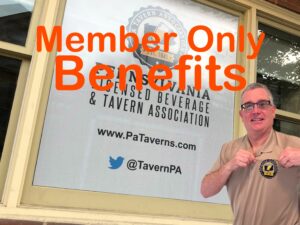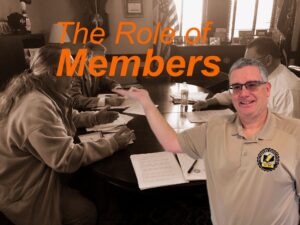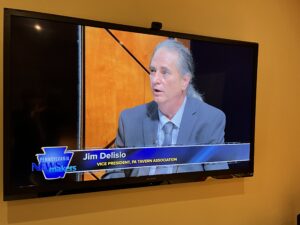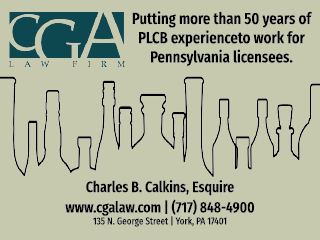 by Amanda Fagan, CISR, CIC
by Amanda Fagan, CISR, CIC
Illinois Casualty Company
Loss Control Specialist
Having a dance floor at your establishment can be a draw for many customers. For an event venue, adding a dance floor can bring in additional revenue. A nightclub can entice more patrons to join the fun when dance platforms and light-up floors are available. While dancing the night away is most often a happy occasion, there are times when a dance floor can bring the party to a screeching halt, causing damage to patrons and your business.
ICC’s Loss Control and Liability Claims Teams put on their dancing shoes and pulled together a checklist of tips to help you create an environment for your patrons to safely get their groove on.
-
- Post signage, install proper lighting, and mark the edges of steps or ramps with brightly colored tape or paint
- Install handrails along all sides of dancing platforms, including the steps
- Have wet floor signs easily accessible or better yet, close off an area until spills can be completely cleaned and dried
- Use a designated mop and bucket for dance floor areas – not one that is also used in the kitchen area and may hold grease
- Know the type of chemical cleaning solutions that are best for your flooring material – using something not made for your floor could cause issues with traction, especially when met with sugary and sticky alcohol spills
- The easiest way to avoid spills is to not allow food or drinks on the dance floor
- Make your dance floor a plastic only area where glassware is not allowed
- Require that shoes are always worn in your establishment
- Have more than one staff member to monitor the dance floor areas and watch for spills or potential conflicts between patrons
- Remove patrons that are exhibiting signs of inappropriate behavior or intoxication
- Provide written policies and procedures for your employees and follow accordingly
- Keep a log to track spills, confirm proper cleanup was completed, and file a report if a slip, fall, or other incident occurs – include camera footage, witness statements, itemized receipt(s), employee schedule, and police report if available
- Offer continuous training and safety reminders for your staff to aid in the prevention of claims
Dancing the night away should be enjoyable all the way through last call and arriving home safely. Keeping these tips in mind can help you create an inviting dance space where the safety of your patrons and your staff are a priority.
For more information about insuring your business with ICC, visit www.ilcasco.com. You can locate an ICC agent in your area at www.ilcasco.com/find-an-agent.
The above story appeared in the April 2023 edition of Pennsylvania Beverage Media. Illinois Casualty Company is the preferred vendor of the PLBTA for liquor liability insurance products.















